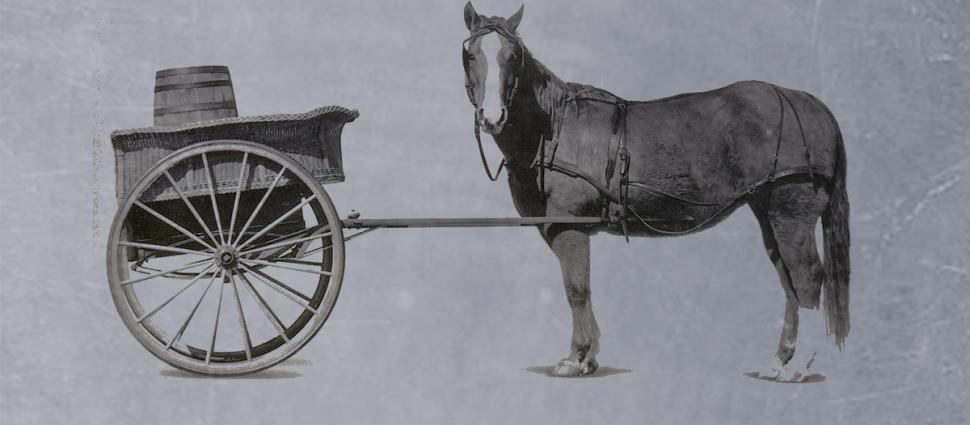Tragedy: Cart Before the Horse
When you put the cart before the horse all hell breaks loose. When you’re looking for important results (carts), you need important processes first (horses). This is true in life, sport, war, and business.
While I understand the prevalence of the fear surrounding flying, the facts just aren’t there to support it. Planes don’t crash. At least they don’t crash like we think they do, because commercial air travel is one of the safest ways to travel. Except, recently the Boeing 737 Max became an exception to the statistics. With two deadly crashes in the last five months, the Boeing 737 Max was grounded by airlines around the world.
What happened here?
In 2011, American Airlines has a track record of nearly exclusive business with Boeing was positioned to make a switch. The switch would involve the purchase of hundreds of new fuel-efficient aircraft from Boeing’s competitor, Airbus.
In order to cash in on American’s business, Boeing threw out long term developmental plans to update its 737. The timeline was cut down to six years. In reality, Boeing delivered the 737 Max in three months.
The New York Times reported this cart-before-the-horse disaster with a shocking quote. Rick Ludtke, an engineer who helped design the 737 Max cockpit, alluded to the cart leading the way for Boeing when he said, “Any designs we created could not drive any new training that required a simulator. That was a first.” Boeing seemingly lost the plot on the order of operations that was instrumental in leading in aviation, which is an industry made possible only because of rigorous procedures that ensured safety and reliability.
Eerily, one of the planes that went down experienced the same fateful malfunction on a flight one day prior to the crash. An off-duty pilot riding in the jump seat intervened to help the on-duty flight staff to regain control of the plane. The same error went uncorrected the next day killing nearly two hundred people.
Boeing got their plane made fast (the cart) to earn American Airline’s business, but sacrificed important procedures (the horse) to do so. In this context, the result was death. In other contexts, it may look like lost revenue, poor construction, fragile organizations, or some other less than lethal but detrimental outcome. While safety was the context for this failure, make no mistake that Boeing is paying financial consequences, too. Boeing stock fell from $422 per share to $375 over a four-day period from March 8th to March 12th.
As bad as we cannot escape the desire for results (the cart), we cannot skip the fact that processes (the horse) drive them. It’s not the other way around.
—–
Logan Gelbrich
@functionalcoach

